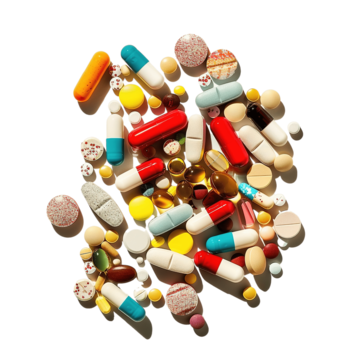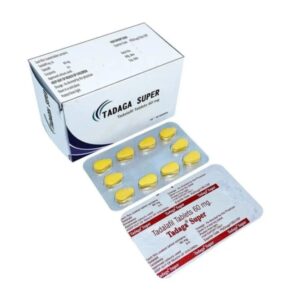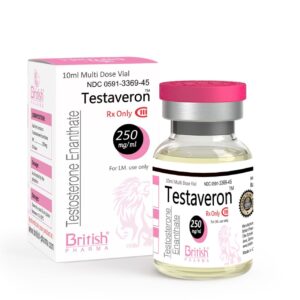GLP-1 receptor agonist drugs,
Originally developed for diabetes and weight loss, are now showing promise in improving outcomes for kidney transplant recipients.
These drugs, including semaglutide (Ozempic, Wegovy) and liraglutide (Victoza), help regulate blood sugar, reduce inflammation, and support weight management—factors crucial for transplant success.
One of the primary benefits of GLP-1 drugs in kidney transplant patients is their ability to lower the risk of post-transplant diabetes mellitus (PTDM), a common complication that affects long-term kidney function.

Improving Insulin Sensitivity
By improving insulin sensitivity and reducing blood sugar fluctuations, these medications help protect the transplanted kidney from damage.
Additionally, obesity and metabolic disorders can negatively impact transplant success. GLP-1 receptor agonists promote weight loss by reducing appetite and slowing digestion, leading to improved overall metabolic health. This weight management effect is particularly beneficial for transplant recipients who struggle with obesity-related complications.

Another significant advantage of GLP-1 drugs is their anti-inflammatory properties. Transplant recipients must take immunosuppressive medications to prevent organ rejection, but these can sometimes contribute to metabolic issues and chronic inflammation. GLP-1 drugs may help counteract these effects by reducing levels of inflammatory markers and promoting better kidney function.
Early studies and clinical trials suggest that GLP-1 receptor agonists could become an essential tool in post-transplant care. Researchers are currently investigating their long-term safety and effectiveness in transplant patients, aiming to determine the optimal dosage and potential interactions with other medications.
While further research is needed, the potential of GLP-1 drugs to improve kidney transplant success is a significant breakthrough. By addressing key risk factors such as diabetes, obesity, and inflammation, these medications could enhance the quality of life and long-term health of kidney transplant recipients.
Related Products
-
Tadaga Super 60mg
$2.00 / Per Pill
-
Lovegra 100mg
$1.50 / Per Pill
-
Testosterone Enanthate
$240.00 / Per 10ml






